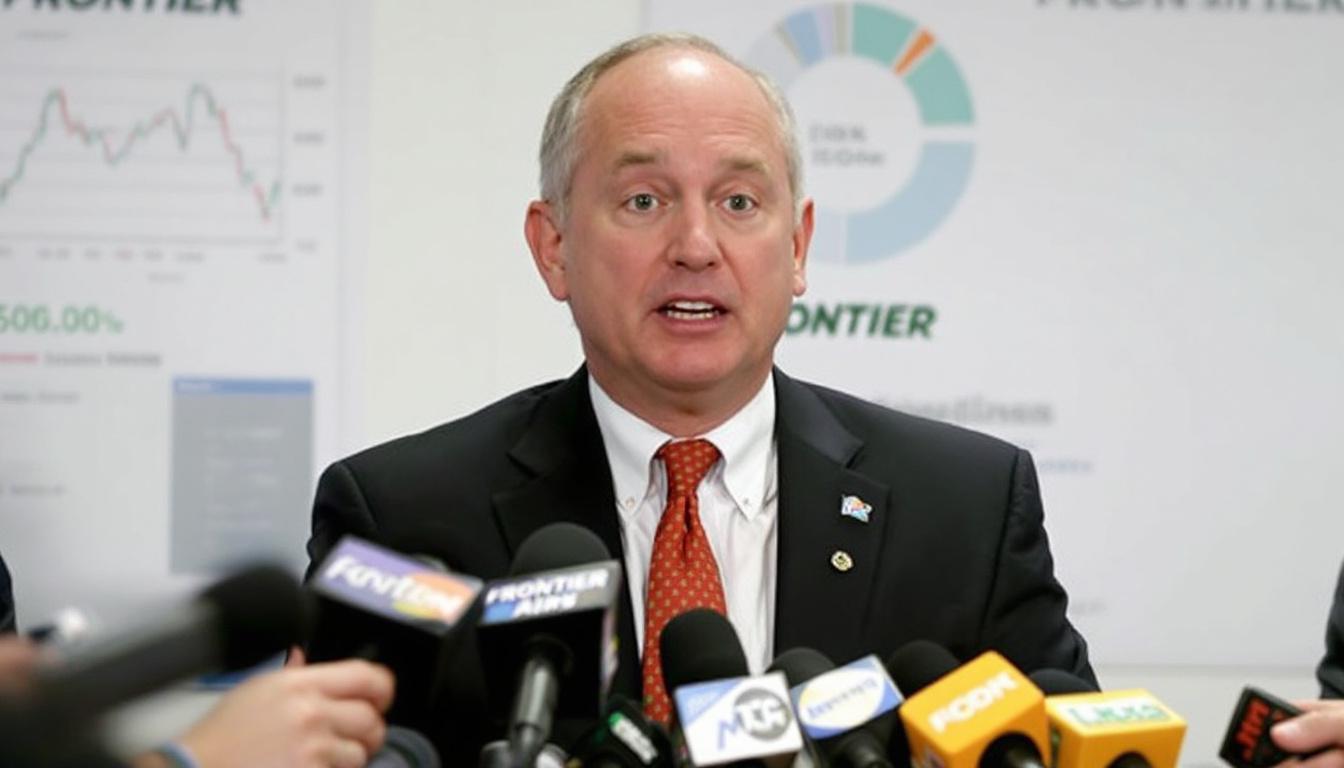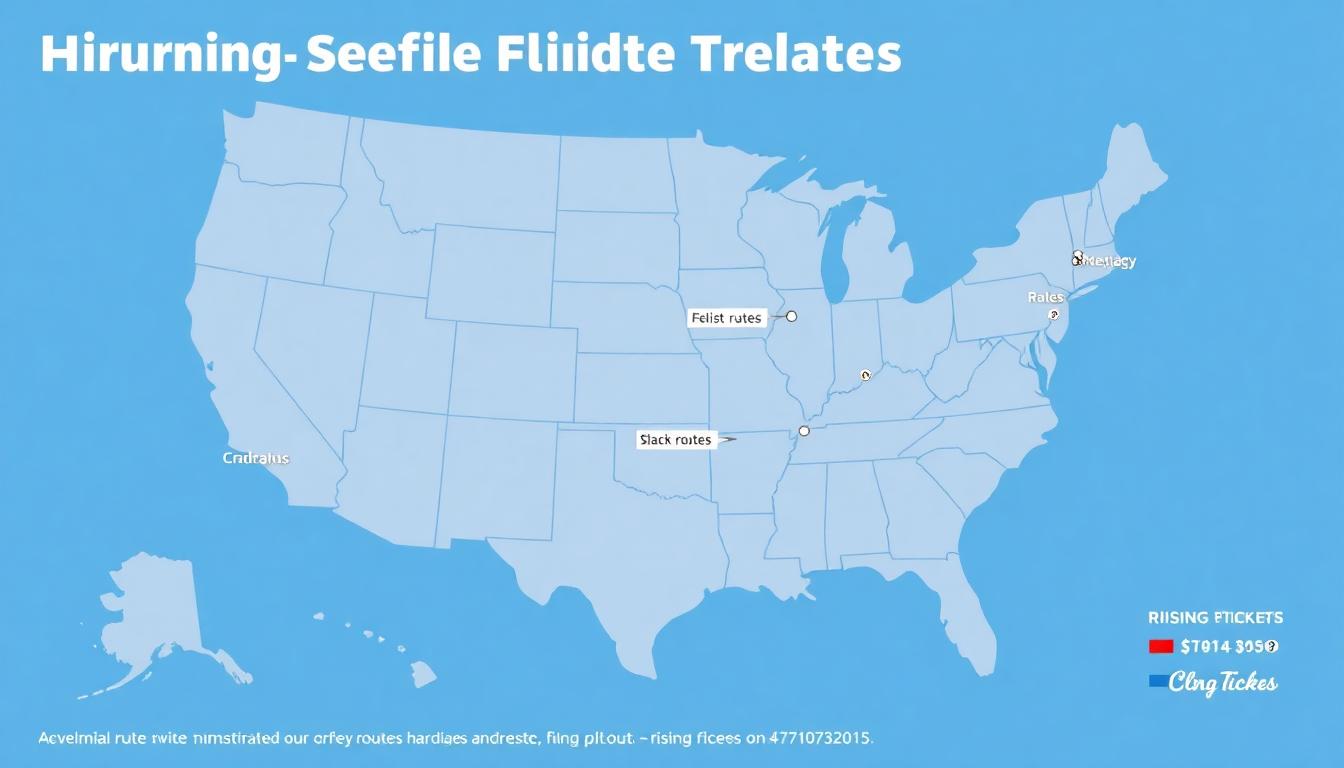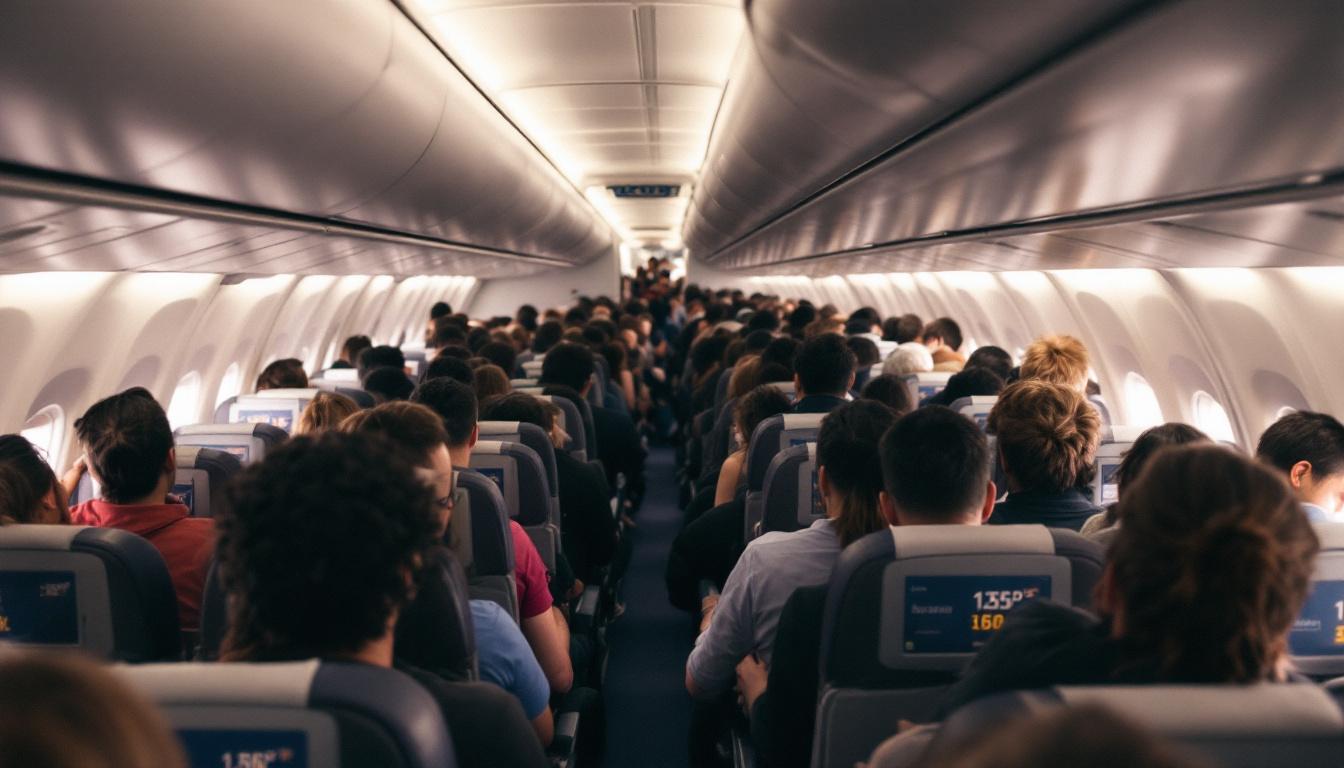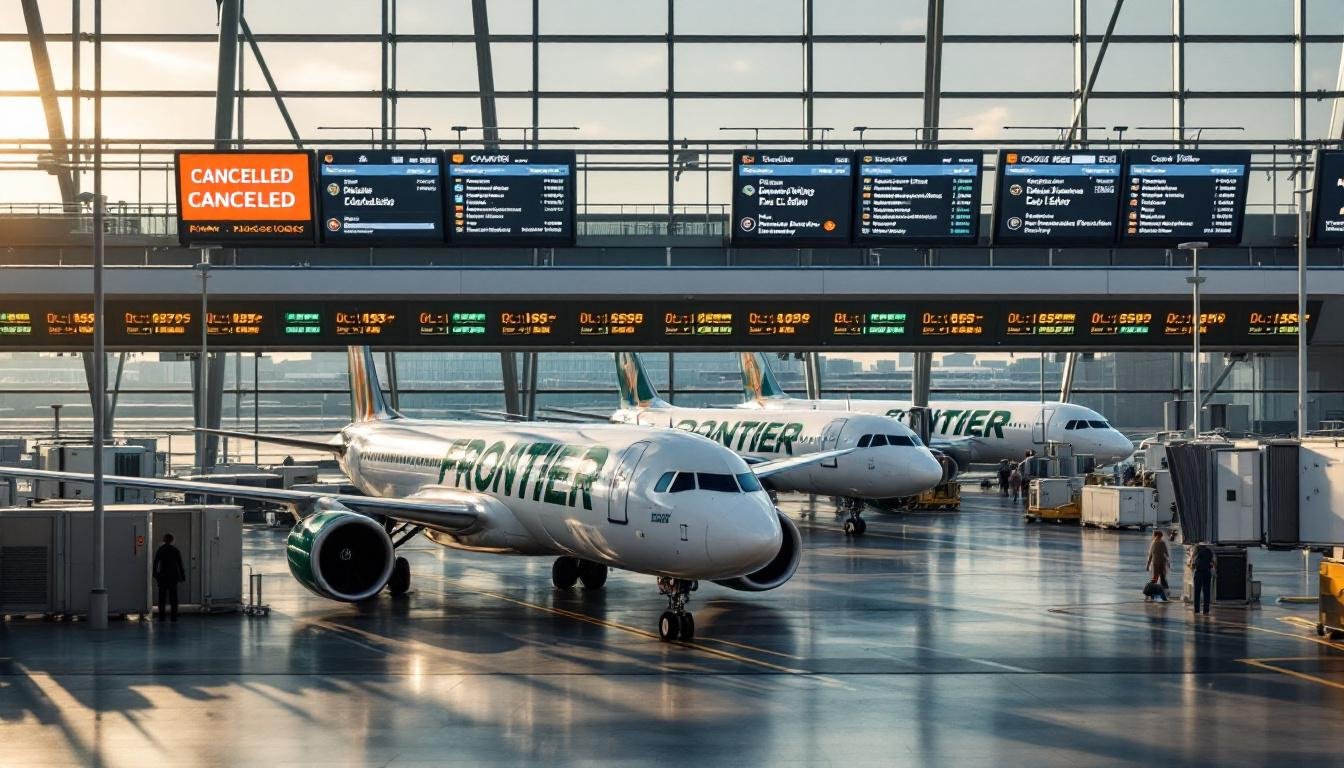The days of plentiful, ultra-low-cost flights may be coming to an end for U.S. travelers, warns Barry Biffle, CEO of Frontier Airlines. As of August 2025, big shifts in the airline industry are threatening the future of affordable air travel for millions.
Why Are Cheap Flights Disappearing?
Travel demand in the U.S. has cooled, especially for domestic routes. Airlines like Frontier, Spirit, and even United and Delta report that many of their domestic flights are losing money—especially less busy routes and midweek or off-peak schedules.
Barry Biffle points to several major forces:
- Lower demand for everyday flights, as more people work from home or cut personal travel
- Rising costs for fuel, maintenance, and labor
- Government policy changes, including new tariffs and spending cuts
- Growing worries about airline safety, which have shaken traveler confidence
The result is a wave of canceled flights, fewer available seats, and more expensive tickets—especially at smaller airports and on less popular routes.
Airline Strategies: Cutting Routes and Raising Fares

Frontier brought in $929 million in revenue during Q2 2025 but still posted a $70 million loss. To survive, it—and other carriers—are slashing unprofitable routes and focusing on their most popular, money-making destinations.
Recent trends include:
- Major reductions in flights at “secondary” airports
- Cutting service on midweek days, when planes are less likely to be packed
- Higher ticket prices, especially as seat supply drops
Other CEOs echo Biffle’s concerns and say that the industry could see double-digit percentages of routes cut, with only the biggest, busiest airports continuing to offer robust flight choices.
Visualizing the Shrinking Network

The contraction is clear on a map: the extensive web of domestic flight connections is fading, especially away from the coasts and large hubs. Smaller cities are losing service. Travelers in those areas may need to drive farther, pay more, or connect through larger cities just to reach their destination.
Market analysts say that U.S. domestic flying capacity could fall 3-5% for airlines like Frontier in the next quarter, and the industry as a whole is expected to shrink rather than grow in the coming year.
What Can Travelers Do?

Travel experts suggest passengers:
- Book early to lock in lower fares
- Stay flexible with travel dates and airport choices
- Watch for promo fares, but expect fewer deals
- Consider other transportation options for short distances
Airline crowding is also rising. With fewer flights available, the ones that remain are often full, with tickets sold earlier and at higher prices.
The Future: Fewer Players, Higher Prices?
Barry Biffle says that Frontier’s cash reserves could help the airline survive better than some competitors, perhaps emerging as the “last man standing” among ultra-low-cost carriers. But the overall message is cautionary: the future of abundant, cheap domestic air travel is at risk.
Analysts predict that fewer airlines could dominate the market, with higher prices and less diversity in routes. Travelers used to browsing dozens of nonstop options may need to adjust expectations for the years ahead.
Takeaway
With the airline business at a crossroads, the historic “age of cheap flights” in the U.S. could be ending. Passengers, especially those in smaller cities or on tight budgets, should prepare for both higher prices and fewer travel choices. At the same time, savvy travelers can still save by planning—flexibility and advance booking will be more important than ever.
To contact us click Here .







